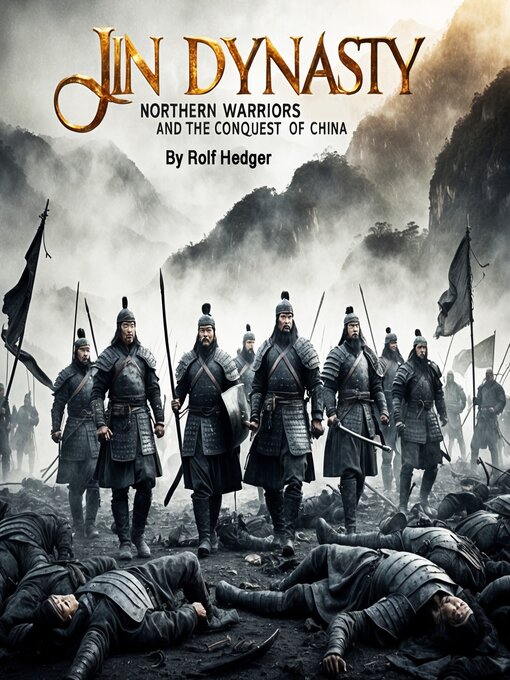The Jurchens, the ancestors of the Manchu people, emerged as a formidable force in northeastern Asia long before they established the Jin Dynasty. Originating from the forests and plains of Manchuria, they were a collection of semi-nomadic and agricultural tribes with a distinct culture, language, and way of life. Their society was organized into clans led by chieftains, and they engaged in hunting, fishing, and farming while maintaining a warrior tradition that would later define their military prowess. Although they lived independently, they often found themselves under the influence of stronger neighboring powers, including the Korean kingdoms and the Khitan-led Liao Dynasty.
The Liao Dynasty, which dominated much of northern China and Manchuria, exerted control over the Jurchens for centuries. The Khitan rulers forced them into a tributary system, requiring them to provide labor, furs, and horses in exchange for nominal autonomy. While this arrangement allowed the Jurchens to retain aspects of their culture, it also placed them in a subordinate position. However, resentment grew among the Jurchen clans, who viewed the Khitan overlords as oppressive rulers. This growing dissatisfaction set the stage for their eventual rebellion.
Despite their subjugation, the Jurchens developed a strong warrior tradition and mastered cavalry warfare, which would later give them an advantage over their adversaries. They organized themselves into tribal confederations and honed their skills in archery and horseback combat, making them formidable in battle. Their ability to adapt to different terrains, combined with their knowledge of the harsh northern climate, allowed them to maintain resilience and independence, even under Liao control. Over time, they also adopted elements of Chinese and Khitan governance, learning valuable administrative techniques that would later aid them in state-building.
